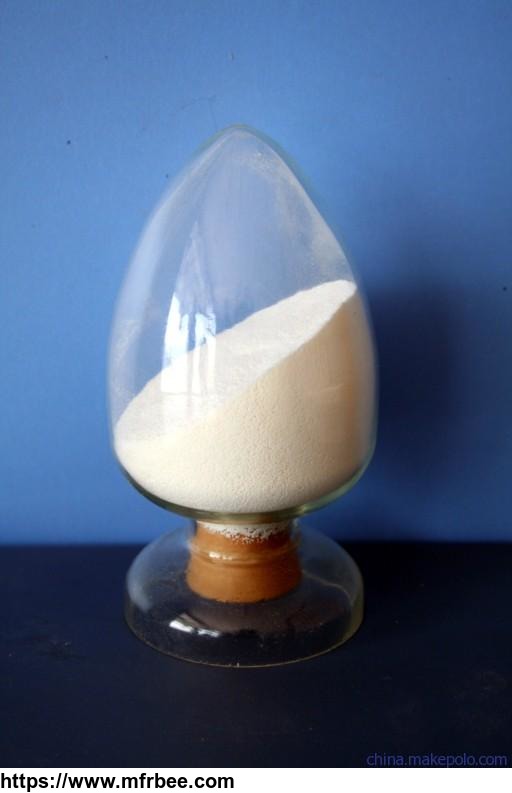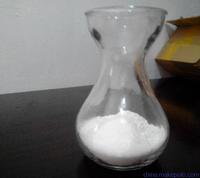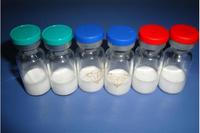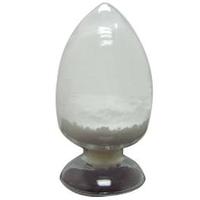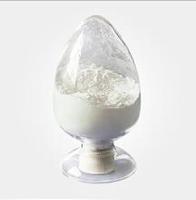Exenatide Acetate (Exendin-4)
Specifications
Product Name Exenatide Acetate (Exendin-4)
Sequence H-His-Gly-Glu-Gly-Thr-Phe-Thr-Ser-Asp-Leu-
Ser-Lys-Gln-Met-Glu-Glu-Glu-Ala-Val-Arg-Leu-
Phe-Ile-Glu-Trp-Leu-Lys-Asn-Gly-Gly-Pro-Ser-
Ser-Gly-Ala-Pro-Pro-Pro-Ser-NH2
Cas No. 141758-74-9
Molecular Formula C184H282N50O60 S
Molecular Weight 4186.66
Purity (HPLC) 98.0%min.
Appearance? White powder
Single Impurity(HPLC)? 1.0%max
Amino Acid Composition? ±10% of theoretical
Peptide Content(N%) ?≥80.0%
Water Content(Karl Fischer)? ≤10.0%
Acetate Content(HPIC) ≤12.0%
MS(ESI) ?Consistent
Mass Balance? 95.0~105.0%
Application:
Exenatide is believed to facilitate glucose control in at least five ways:
1. Exenatide augments pancreas response and more appropriate amount of insulin that helps lower the rise in blood sugar from eating.
2. Exenatide also suppresses pancreatic release of glucagon, which prevents hyperglycemia (high blood sugar levels).
3. Exenatide helps slow down gastric emptying and thus decreases the rate at which meal-derived glucose appears in the bloodstream.
4. Exenatide has a subtle yet prolonged effect to reduce appetite, promote satiety via hypothalamic receptors.
5. Exenatide reduces liver fat content. Fat accumulation in the liver or nonalcoholic fatty liver disease (NAFLD) is strongly related with several metabolic disorders.
- Contact: hu dong
